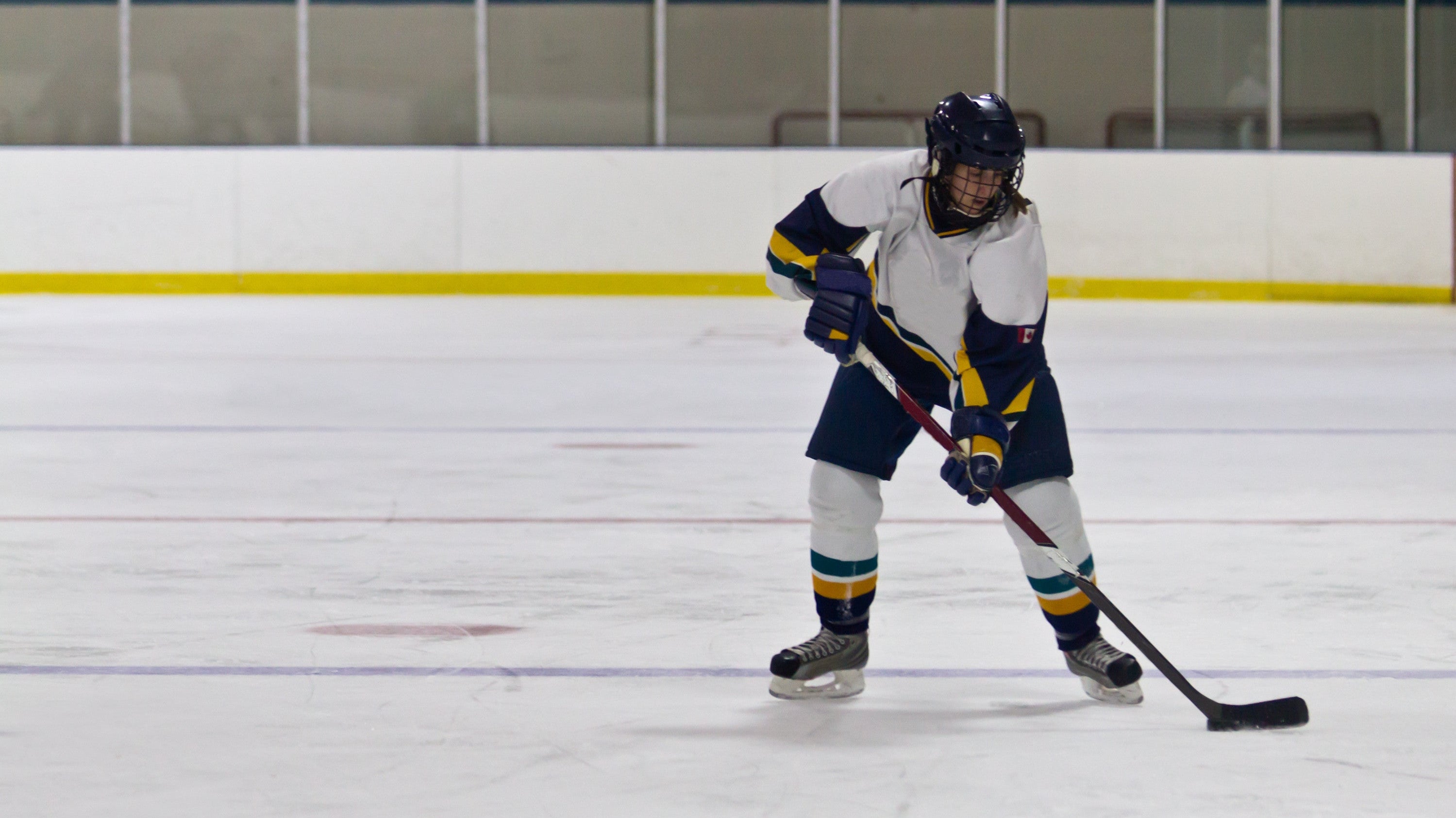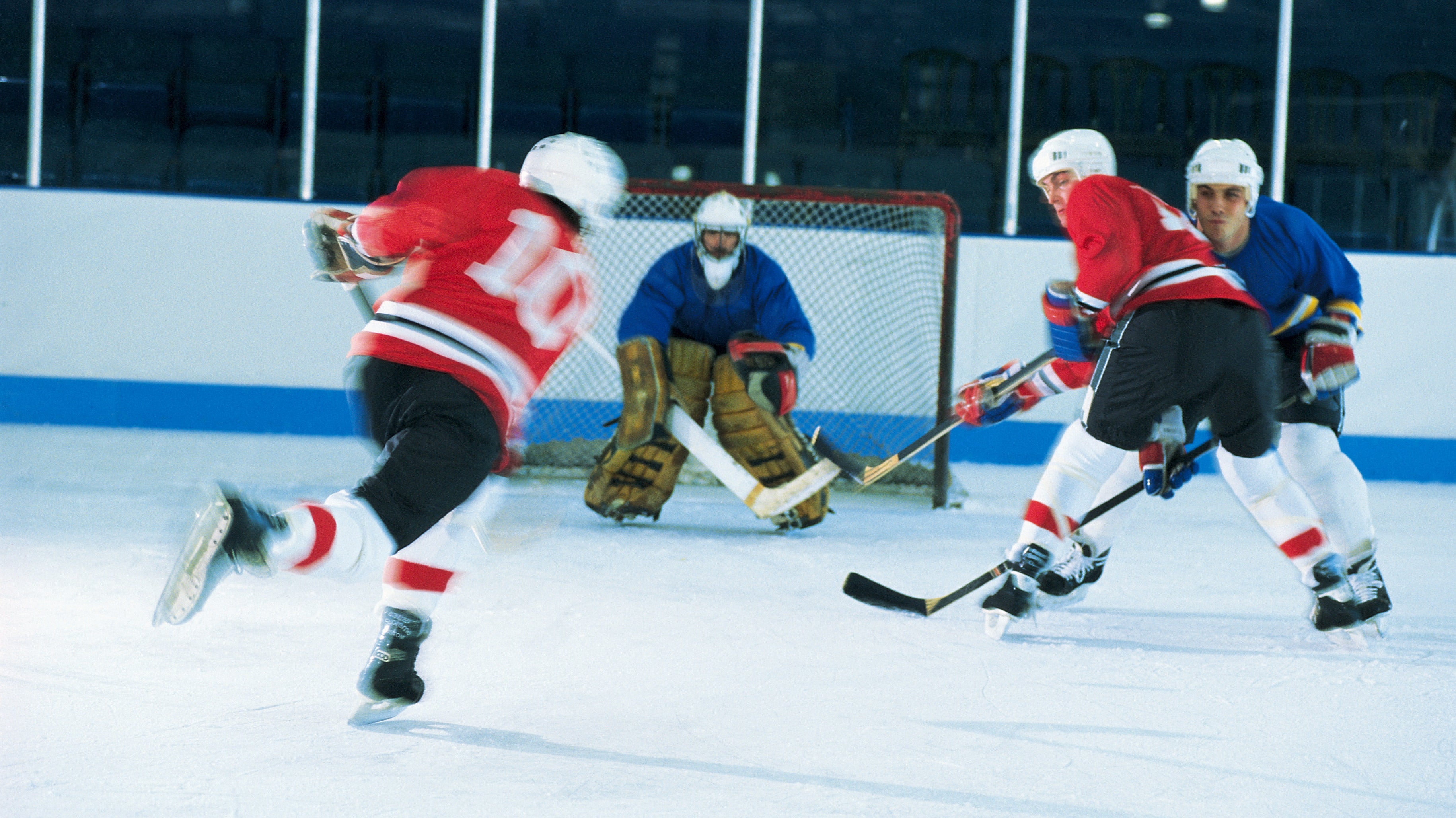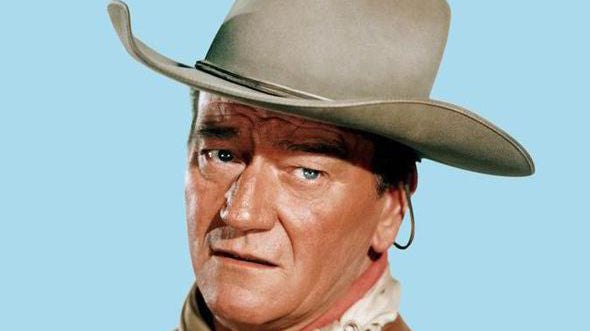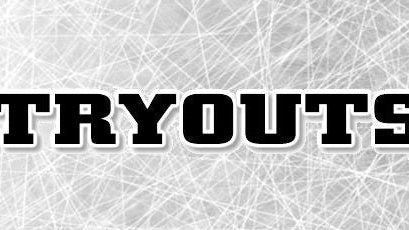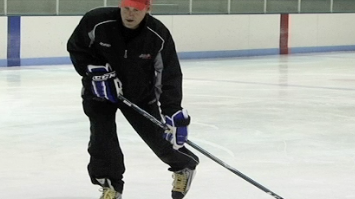The Inside Post
How to Take a Snapshot in Hockey

|
Scoring goals is something every hockey player strives for each time they are on the ice. Shooting the hockey puck can be accomplished... |
5 Ways to Improve Your Shot Accuracy

|
If you ask hockey players why they play hockey, they usually come back with the reply, “because it’s fun!” The part of hockey that ranks #1 in the fun factor category is... |
Ice Hockey Tips and Hockey Skills: Making a Perfect Saucer Pass
 |
The saucer pass is a passing technique used in ice hockey where one player elevates the puck off the ice, through the air, to another player. The goal is to .... |
Words Every Hockey Player Can Live by
 |
There will be many magical moments in your hockey career, as well as challenging ones. Here are some great quotes you can use to inspire yourself to greatness. .....
|
Top 10 Tips for Hockey Tryouts
 |
What can you do to dominate at Hockey Tryouts? These Top 10 tips are musts for doing well at your hockey tryouts. Be ready for your hockey tryouts!! .....
|
How to Master the Wrist Shot
 |
Many times hockey players will ask our professional training staff how to shoot a puck. In this ice hockey tips blog we are going to concentrate on one of the most common and critical to learn: the wrist shot or wrister ..... |
5 Youth Hockey Skills To Learn From Patrick Kane's Scoring Streak

|
Chicago Blackhawk Patrick Kane is in the midst of a very impressive scoring streak that, as of this writing, has reached 23 games. In an era when goals and assists are difficult to come by, how is it that players like Kane find their way onto the score sheet every night? Here are 5 keys that hockey players can take ..... |
What Is vs. What Should Be on Your Holiday List
Every year around the holidays players are settling into their team and things are starting to gel. I always have enjoyed asking players on my teams what they would like for gifts over holiday break. Sometimes those lists align with their hockey skills, sometimes they don’t. Regardless, it’s always entertaining. I hear lots of the usual: video games, iPhones, iPads, gift cards, etc. I even have heard some of the strange: underwear, pogo stick, and the best, when a player actually wanted a Chia Pet.
How To Make A Great 1st Impression This Hockey Season

So you spent the past several months training and doing exactly what you should have to get off to a great start this season. Congratulations, you are now in the top group of hockey players who are spending the time in the garage, basement, backyard or wherever it is that you stick handle and shoot pucks. So what now? How do you show all of that talent and make a great first impression to your coach and teammates?
10 Takeaways From The First 10 NHL Games
When it comes to hockey practice, training and development, much can be learned from watching the best players in the world. Here are our 10 takeaways after teams have played their first 10 games of the season.

Dreams, Hockey & Horse Racing

Having a dream is so important in reaching your goals. I was again reminded of this as I watched the Kentucky Derby and the Preakness horse races.
Motivation & Hockey Training
“If it’s important to you, you will find a way. If it’s not, you will find an excuse.”
“While you are thinking about doing it, you are getting passed by someone else who is doing it.”

There are so many great quotes about motivation, and these are two of our favorites. Everyone needs motivation and inspiration in life, whether it’s for school, work and of course training to become a better hockey player. While sayings and quotes can help keep you going during times when you aren’t really in the mood to shoot pucks, stickhandle or go for a run, it takes a deeper, burning desire to become successful.

